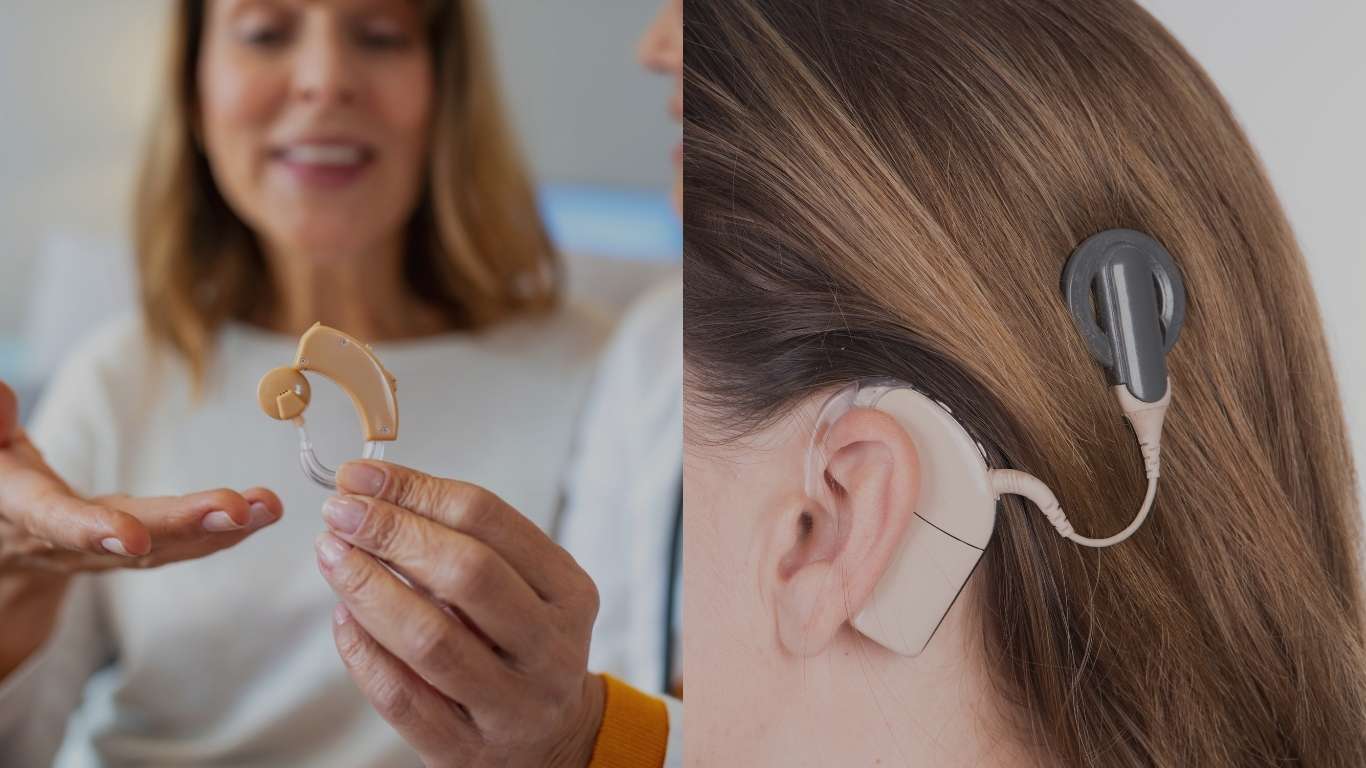Ask the Specialists
Cochlear Implant

A cochlear implant is a surgically implanted electronic device that provides a sense of sound to individuals with severe to profound hearing loss. Dr. Neha Sood, an experienced ENT specialist at Prohealth Specialist Clinic, evaluates candidates for this procedure and offers comprehensive care.
Diagnosis and Treatment
Diagnosis
The diagnosis process for determining the need for cochlear implants typically involves the following steps:
- Hearing Assessment: A comprehensive audiological evaluation is performed to assess the degree and type of hearing loss.
- Medical History: The healthcare provider will review your medical history, including any previous hearing aids or treatments.
- Imaging Studies: CT scans or MRI may be conducted to evaluate the structure of the inner ear and determine if the cochlear implant is a viable option.
- Trial with Hearing Aids: Patients may be given hearing aids to assess their potential benefit before considering cochlear implants.
Treatment
The treatment for cochlear implants involves several key steps:
- Surgical Procedure: The cochlear implant surgery involves placing the implant under the skin behind the ear and inserting the electrode array into the cochlea.
- Programming the Implant: After recovery, the device is activated and programmed to ensure optimal sound processing tailored to the patient's needs.
- Rehabilitation: Post-implantation, auditory rehabilitation is essential to help patients adapt to their new hearing experience and improve communication skills.
- Follow-Up Care: Regular follow-up appointments are necessary to fine-tune the device and monitor progress.
Dr. Neha Sood, a specialist in ENT at BLK-Max Hospital, has successfully helped numerous patients with cochlear implants. Her expertise and the advanced technology available at the hospital have made a significant difference in the lives of those with hearing loss, providing them with improved auditory experiences and enhancing their quality of life.
Preventive Measures
Preventive Measures for Cochlear Implants
- Avoid Loud Environments: Protect existing hearing to maximize the benefits of cochlear implants.
- Participate in Rehabilitation Programs: Early intervention with speech therapy can enhance the effectiveness of cochlear implants.
- Follow Medical Advice: Adhere to post-surgery guidelines and regular follow-ups to ensure the implants are functioning correctly.
- Educate Yourself: Understanding cochlear implants and their care can lead to better outcomes.
A cochlear implant is a surgically implanted electronic device that provides a sense of sound to individuals with severe hearing loss.
Candidates typically include individuals with profound hearing loss who do not benefit from hearing aids.
The implant bypasses damaged portions of the ear and directly stimulates the auditory nerve, allowing the brain to perceive sound.
Recovery involves initial healing, followed by a period of rehabilitation and adjustment to the device.
Risks may include infection, device failure, or complications from surgery, but these are generally rare.



